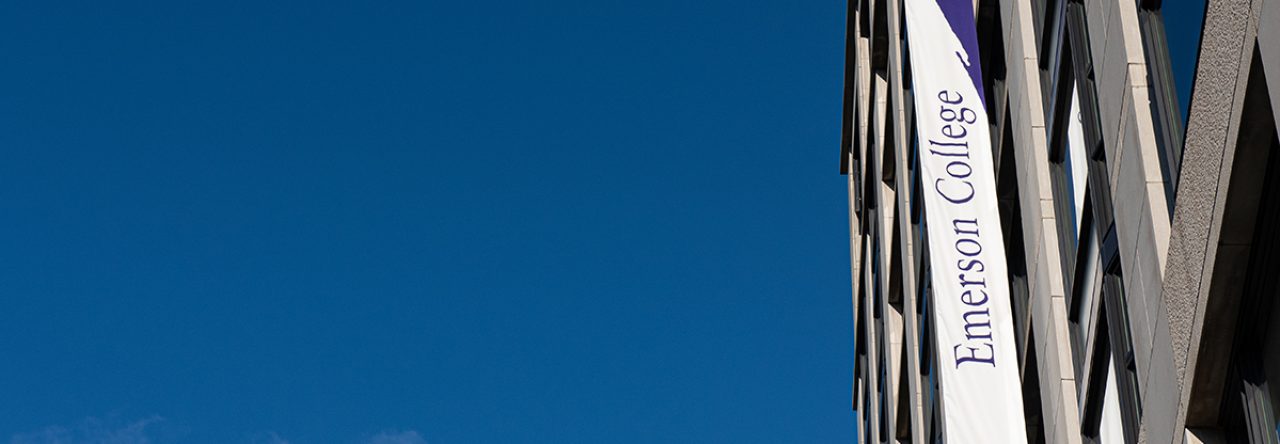Presidential Fund for Curricular Innovation (PFCI): Now Accepting Applications for 2022-23 Curriculum Internationalization and Inclusion Studio
Description Internationalization, diversity, equity, and inclusion are strategic priorities for Emerson. Emerson’s Strategic Plan defines Internationalization as the commitment to “mutually beneficial engagement with the global society in which we…
